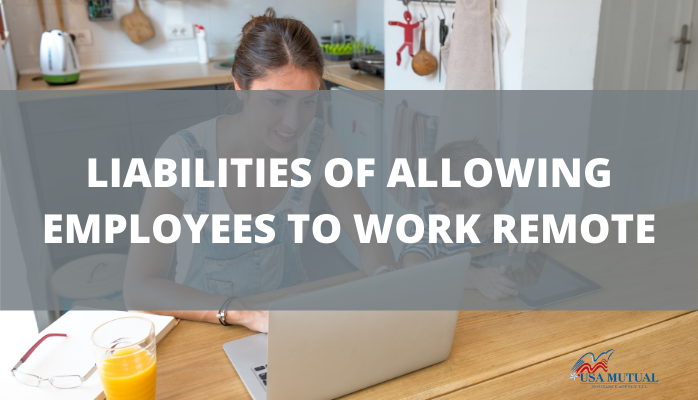|
Business Owner’s Policy (BOP) combines business property and business liability insurance into one business insurance policy. BOP insurance helps cover your business from claims resulting from things like fire, theft or other covered disasters. Business owners insurance also helps cover claims that could arise from your business’s operation. These include claims of bodily injury or property damage. They also include claims related to personal and advertising injury.
Businesses can tailor their Business Owner’s Policy (BOP) to help meet their unique needs by adding optional coverages like:
A BOP Policy is great because it can be custom-made to fit industry specific businesses. This means it’s great for businesses of any size especially small businesses. Package policies, such as a Business Owner’s Policy, are built to cover businesses that generally face the same risks. Customizing your BOP Insurance is an imperative first step when insuring your business. You should do this from the beginning to protect against loss and damages early on. Who Needs a Business Owner’s Policy? You should consider a business owner’s insurance policy if:
What’s the Advantage of a Business Owner’s Policy?Purchasing a BOP Policy is smart and convenient. It simplifies coverage needs by including business property insurance and business liability insurance. These are two important coverages combined into one. A Business Owner’s Policy (BOP) offers businesses a way to save money while getting broad coverage for things like:
A BOP policy is a more affordable option than buying separate business property and liability policies. This policy is an even smarter and more convenient choice for business owners because you can add other coverages to it. Businesses with specific needs can tailor their BOP by adding coverages like:
Want to know more? Get in touch with one of our insurance professionals to see how we can help you get started with a Business Owner's Policy. Source: thehartford.com
0 Comments
Allowing employees to work from home has notable perks for small business owners. These include promoting a satisfied workforce and cutting down on office space expenses. However, among all of the telecommuting fanfare, there are still potential liabilities to consider. This is especially true when you have home-based business employees.
Questions you should begin asking yourself include:
Steps to Protect Your Work-from-Home Employees & Business
Source: thehartford.com |
Archives
February 2022
Categories |
USA Mutual Insurance Agency, LLC | 4830 Arthur Kill Road, LL1 Staten Island, NY 10309 | (718) 285-6500 | [email protected]



 RSS Feed
RSS Feed